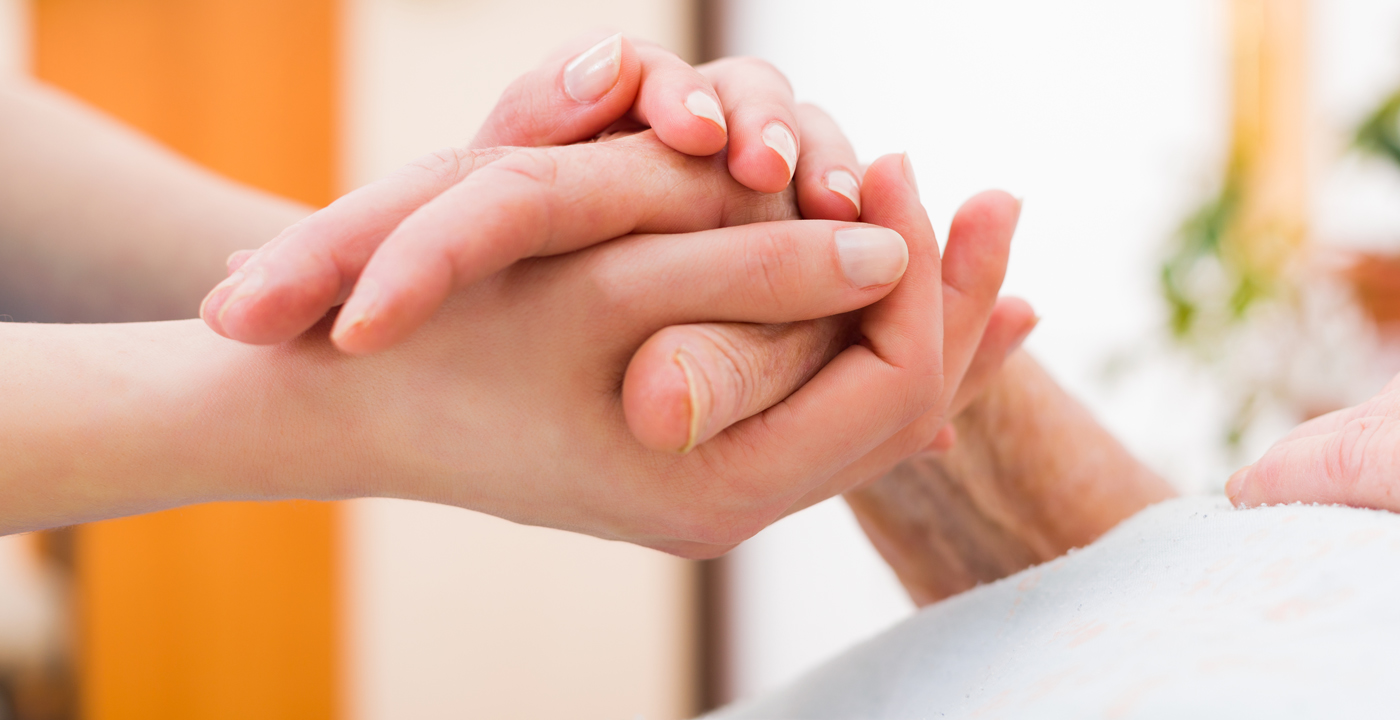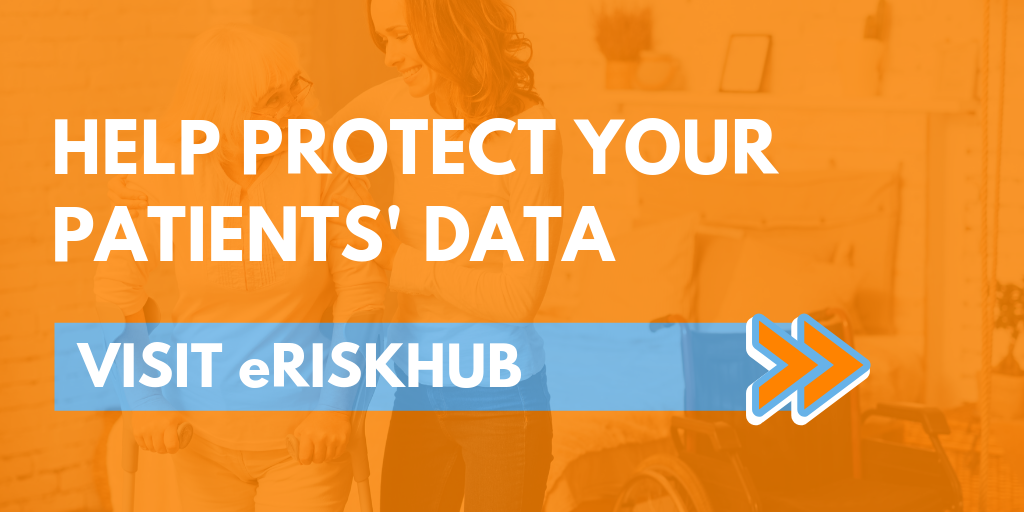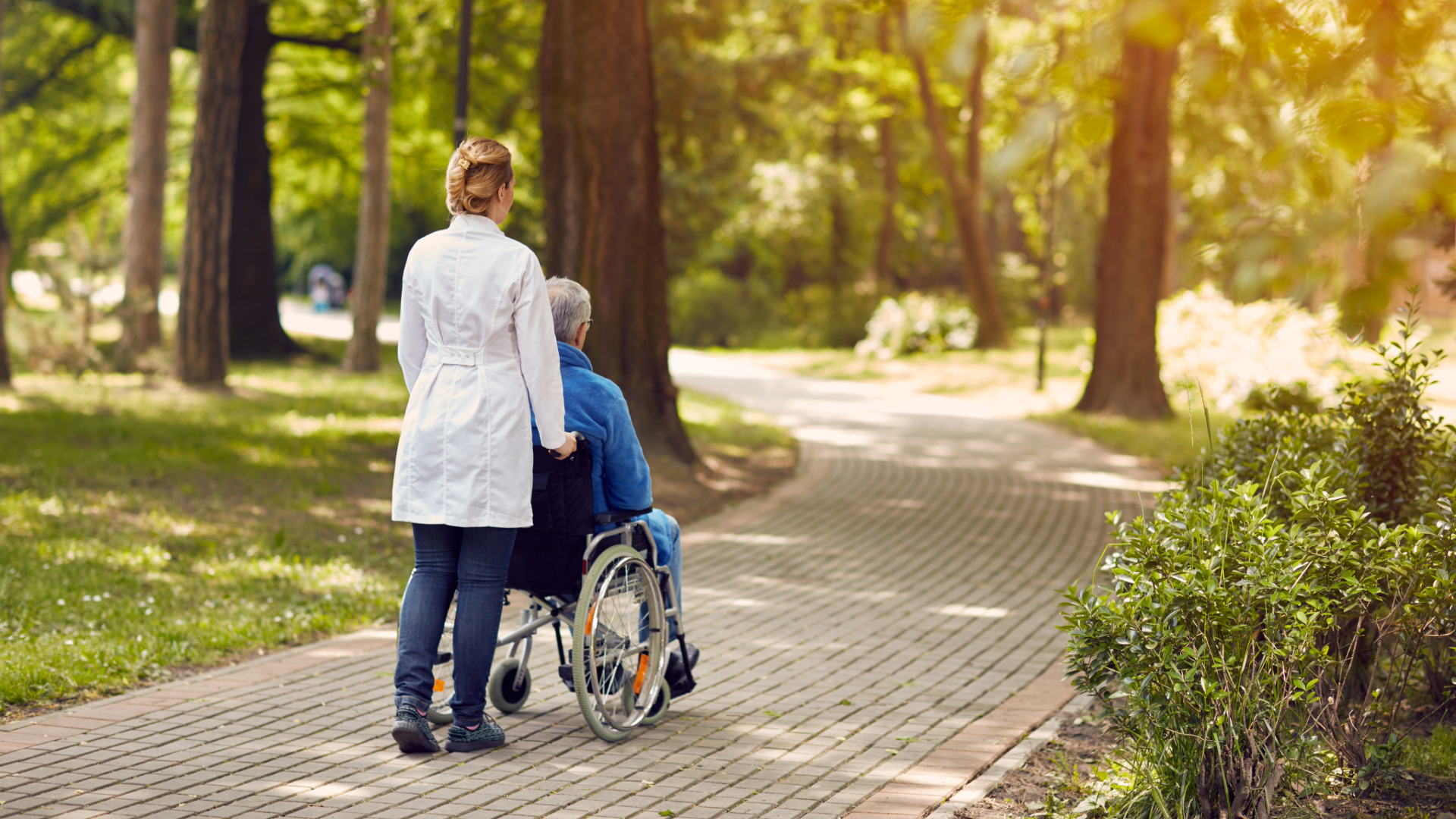Bring the focus back to you, restore balance—and reap the benefits.
Caregiving is an exhausting, difficult and rewarding profession. It’s physically and emotionally draining…day after day. As a caretaker by profession, you invest in others regularly. You give them your time, energy and attention. Their well-being becomes your responsibility. That’s a heavy load for anyone to bear, which makes it easy to burn out. Making time to recharge your batteries and practice self-care can make a tremendous difference.
Neglecting self-care, on the other hand, can have many negative consequences, from stress and pressure to family conflicts, social withdraw, insomnia, weight gain, depression and more. When trapped in a state of constant stress, the body releases stress hormones that can cause all sorts of aches, pains and health problems. That’s why, despite how you might feel at the moment, it’s absolutely critical to get proactive about prioritizing regular, dedicated self-care.
SELF CARE 101
Self-care should be a mental and physical task. The main goal is to help awaken your body’s parasympathetic nervous system (PNS), which fights stress and induces relaxation. It’s the part of your body that kicks into gear during rest and recovery. When you activate PNS, some amazing things happen:
- Your heart rate slows
- Your breathing calms
- Your body sends blood to your organs and away from skeletal muscles because it decides that it can truly relax
- Your body gets better at digesting its food
- Hormones are made to give your body proper balance
- Muscles begin to repair themselves
- Your body focuses on overall recovery
The more time we spend with an activated PNS, the healthier we are. It’s our body’s built-in, natural way to combat stress—and it’s more powerful than you might think. It’s always available waiting to help, and those who activate their PNS regularly bounce back faster and actually gain strength. So how do we get there?
1.) Streamline your stressors – Stress will always be a part of life. Sometimes, it’s impossible to avoid. But people who focus on good health are committed to removing or reducing the stressors in their lives that they can control, and to thoroughly evaluating their reactions to the ones they can’t.
If you see things on social media or in the news that bother you, for example, stop looking at them. Imagine putting a protective layer between you and these items. Actively remove them from your life. You’ll feel more at peace without them, and this peace is much more valuable than anything you might be missing out on.
Do the same with toxic, negative people. Keep an emotional distance from them, and realize that you can’t change their choices or behaviors. Let go of that impossible responsibility and focus only on what you can control. When stress rears its ugly head anyway, actively work on responding to it in a healthy way. This takes repeated practice, (staying calm, slowing your breathing and taking time to think logically rather than emotionally) but it’s well worth it.
2.) Make meditation moments – Working on meditation is a great way to deal with the stressors in life that we cannot control. Meditation teaches us to be conscious about our thoughts, decisions, and our breathing. It slows down our heart rate and blood pressure, reduces the lactic acid in our muscles and promotes overall wellness.You don’t have to be a guru to get benefits from meditation. Even if you have zero experience with this relaxation technique, you can have meditative moments any time. Focus on quietly sitting with your eyes closed, and making a habit of repeating this process while clearing your mind for just a few minutes each day.
3.) Exercise regularly – Life is busy, and it’s hard to find time to commit to physical activity, but the rewards of making exercise a priority are incredibly plentiful. There are many reasons why people call it a “miracle cure.” The best way to understand why, though, is to experience it personally.Aim to exercise at least 20 minutes a day for 3 days a week and then work your way up. You’ll continually feel more energized, healthy and happier, and you’ll reap other benefits, too. According to the NHS, exercise:
- Reduces your risk of major illnesses (heart disease, stroke, diabetes and cancer) by up to 50%
- Lowers your risk of early death by up to 30%
- Boosts self-esteem, mood, sleep quality & energy
- Reduces stress, depression, dementia & Alzheimer’s by up to 30%
Exercise doesn’t have to be exhausting, either. We get it—you’re already tired. Even walking for half an hour each day can provide you with great benefits. Figure out what types of physical activity you enjoy most, and work on being committed to participating in them regularly. Your body and mind will thank you.
4.) Consider monthly massages – When was the last time you got a massage? It might be worth considering a monthly membership. Regular massage has been shown to restore balance and deeply relax the body. It also enables us to better fight infection. It helps the body more rapidly move into PNS during stressful times. And according to the Mayo Clinic, massage can help treat:- Anxiety
- Digestive disorders
- Headaches
- Sleep problems
- Fibromyalgia
- Injuries
- Joint pain
Outside of these more physical benefits, massage helps to produce feelings of comfort, connection and care. These are critical emotional needs and help to keep us wholly healthy.
5.) Be aware of breathing – Slowing your breathing automatically activates PNS, and it’s super easy to do. The hardest part of this task is remembering to take a few moments each day to practice it. If you’re reading this right now—maybe you have one of those rare down moments...and maybe it would be the perfect time to try slowed breathing. When you inhale, fill your lungs as much as you can, hold that breath for a few seconds and then exhale very slowly. Try continuing this practice for about 60 seconds.
6.) Try yoga – Many studies have shown the benefits of yoga. According to Medical News Today, A 2017 systematic review found that yoga could reduce depressive symptoms in people. Others showed that it lowered anxiety, decreased cortisol (also known as the stress hormone,) and improved mood better than walking. Yoga has also been shown to increase the brain chemical gamma-aminobutyric acid (GABA) in participants, which calms nervous activity.
Again, you don’t have to be a master Yogi to enjoy yoga and its benefits. If you are short on time and prefer privacy, great yoga videos are available online and can be done from the comfort of your living room.
7.) Focus on balanced nutrition – The things that you put into your body can deeply impact your PNS balance. There are anti-stress diets that focus on providing you with the perfect mix of protein, vitamins, minerals and other nutrients designed to support PNS. This Everyday Health article outlines the ultimate diet plan for a happier, less-stressed you. Sure sounds worth a try to us!
8.) Practice Visualization – It might seem silly, but imagining things that give you peace will help promote a peaceful reaction in the body. The human brain processes visual information far more easily than written information. Take a few moments each evening—maybe before bed—to close your eyes and visualize. Imagine yourself somewhere peaceful, like in a garden, near a mountain stream, walking through the sunlit forest or sprawled out on a beautiful beach. Feel the breeze, smell the fresh air and absorb the light.
9.) Get serious about sleep – Quality sleep benefits the body and mind in so many ways, from helping you to maintain a healthy weight and reducing your risk of health problems to decreasing stress and increasing happiness. Work on prioritizing slumber, and creating a sanctuary in your bedroom that allows for it. Here are a few ways you can work toward getting the best sleep possible:- Get plenty of exposure to bright light during the day
- Reduce blue light exposure (from your phone and other handheld electronic devices) in the evening
- Have a coffee cutoff time (late afternoon)
- Create a sleep schedule—and stick to it
- Exercise regularly
- Use a sound machine
10.) Be kind to yourself - Practice self-compassion. Give yourself credit for working hard, but also for being human…and give yourself time to practice the techniques that will truly make you happy. Tune out any critical, harsh or pessimistic voice every time it tries to show up. Be aware of the ways that you talk to yourself, and make sure that they are the same ways you’d talk to a loved one or patient. Most importantly, never feel selfish or guilty for taking some “you” time. For someone who is used to constantly caring for other people, this can be especially challenging. Work on knowing that by practicing self-care, you’re able to be more balanced, focused, attentive and effective for others, too.
Your work is important and your dedication is inspiring—but it’s time to bring the focus back to you. The parasympathetic nervous system is an amazing, built-in neurological body system that is ready to help you do that at any time. So set aside a few minutes each day, bring your attention inward, be mindful and benefit from the same care your share with others all the time.
How do you make self-care important? Share with us below!
Protection doesn't just end with self-care and patient care. Healthcare facilities are at increased risk for patient data breaches. Visit our eRiskHUB by clicking below, and learn ways to best protect critical information.

Lindsey Elias, Marketing
As our Director of Communications, Lindsey is passionate about producing quality content. When not at the office or planning her next Disney getaway, she loves hanging with her husband, family, and fur baby and indulging in the two c's: carbs & coffee.
DISCLAIMER
The information contained in this blog post is intended for educational purposes only and is not intended to replace expert advice in connection with the topics presented. Glatfelter specifically disclaims any liability for any act or omission by any person or entity in connection with the preparation, use or implementation of plans, principles, concepts or information contained in this publication.
Glatfelter does not make any representation or warranty, expressed or implied, with respect to the results obtained by the use, adherence or implementation of the material contained in this publication. The implementation of the plans, principles, concepts or materials contained in this publication is not a guarantee that you will achieve a certain desired result. It is strongly recommended that you consult with a professional advisor, architect or other expert prior to the implementation of plans, principles, concepts or materials contained in this publication.
This blog post may contain the content of third parties and links to third party websites. Third party content and websites are owned and operated by an independent party over which Glatfelter has no control. Glatfelter makes no representation, warranty, or guarantee as to the accuracy, completeness, timeliness or reliability of any third party content. References to third party services, processes, products, or other information does not constitute or imply any endorsement, sponsorship or recommendation by Glatfelter, unless expressly stated otherwise.
Related posts
The challenges that caregivers face are not easy. We compiled some quick tips for managing family interactions in hospice and palliative care settings.
In summer 2024, weather will be unpredictable, but these are the weather events you can expect, depending on location.
There's so much to learn about nursing, but here's 10 fascinating facts as we celebrate National Nurses week.









Submit a Comment